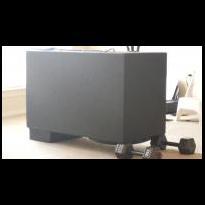Sign in to follow this
Followers
0
Amp Question
By
pitbull239, in Amplifiers / Head Units / Processors / Electrical
-
Recently Browsing 0 members
No registered users viewing this page.
-
-
Recent Topics
-
- 20 comments
- 428 views
-
- 400 comments
- 34,462 views
-
- 3 comments
- 148 views
-
- 4 comments
- 271 views
-
- 2 comments
- 791 views
-
- 5 comments
- 1,667 views
-
-
-
Recent YouTube Posts



